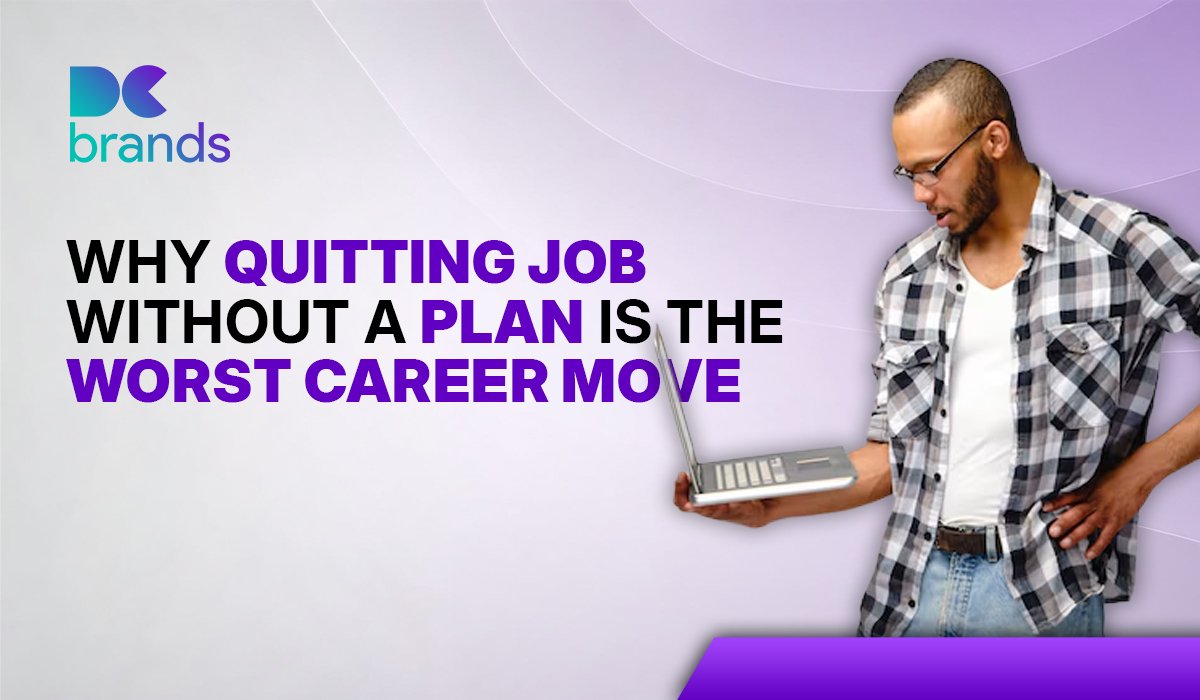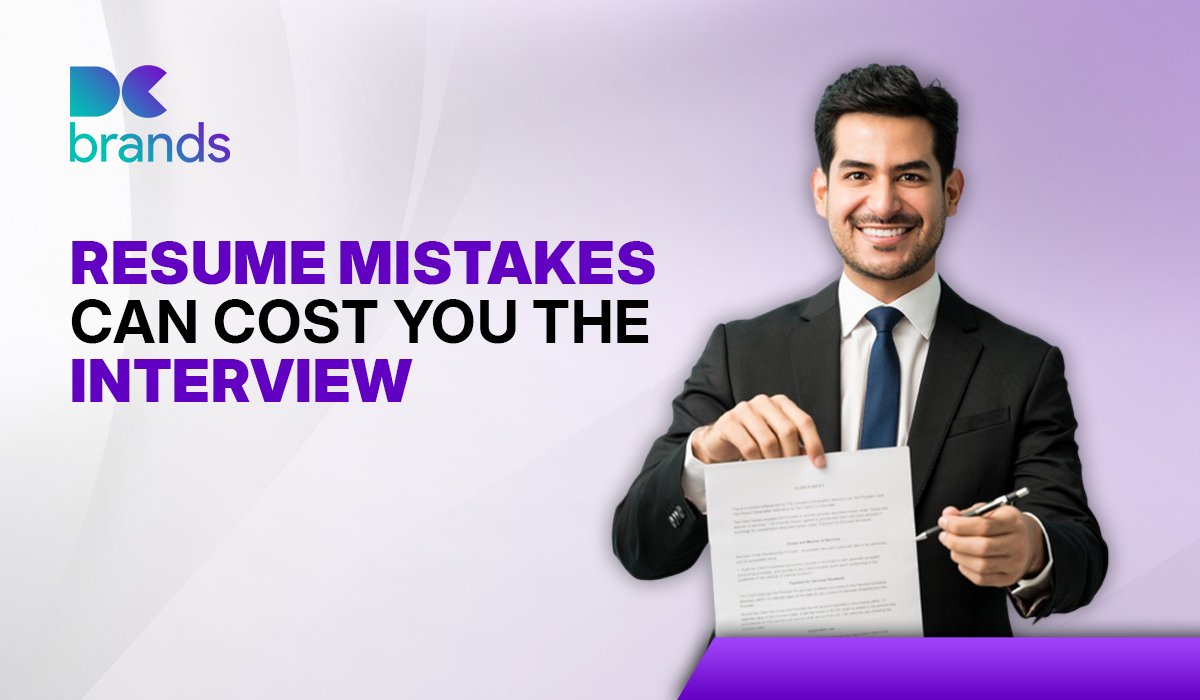Have you ever felt so frustrated at work that you wanted to stop immediately? It is a common feeling, especially when it takes stress, lack of growth or a toxic environment. But here is the truth: quitting a job without a plan can be one of the biggest career mistakes you will ever make.
In today’s competitive world, where there are plenty of opportunities but also unpredictable, it can leave work without preparation to create financial stress, career gaps and even regret. Let’s delve deeper into why to stop it without a risky plan and what you should do instead.
Why People Quit Without a Plan
Many professionals resign in the heat of the moment. Reasons can include:
- A bad boss or toxic colleagues
- Feeling undervalued
- Lack of career growth
- Burnout or stress
While these feelings are valid, rushing to quit without preparing often creates more problems than solutions.

The Dangers of Quitting Without a Plan
1. Financial Instability
If you do not have another job sorted, you suddenly lose a constant income. Accounts, rent, and daily expenses are not expected. This can lead to debt, use of savings, or unnecessary financial pressure.
2. Career Gaps on Your Resume
Employers often question long gaps between employment. If you stop without backup, you can try to explain why you haven’t worked during this time. This could affect your chances of landing later.
3. Missed Opportunities
Sometimes people resign without fully exploring the possibilities of growth in their current work. They may regret leaving as soon as they realise that their previous society had better opportunities than expected.

4. Emotional Stress
Misuse can lead to anxiety and loss of trust. Instead of feeling free, many eventually emphasised when they would find another paycheck.
5. Limited Choices
Without income, you could plunge into the first job that comes—even if it’s not right. This cycle can be repeated and leave you dissatisfied and stuck again.
Why Planning Matters Before Quitting
A career plan is like a safety net. It gives you stability, confidence, and a roadmap for your next move. With a plan, you’ll know:
- How much savings do you need before leaving?
- What career path do you want to follow?
- Which companies or industries do you target?
- What skills should you improve before applying?
Steps to Take Before Quitting a Job
1. Evaluate Your Situation
Ask yourself: Does it end with a single option? Could it switch the department, ask for new liability, or improve skill help?
2. Build Financial Backup
Ideally, you will save at least 3-6 months of life before leaving work. This pillow will give you peace during your transition.
3. Search for New Opportunities First
Ask for employment when you are still employed. In the case of readiness, it reduces stress and ensures that you move smoothly from one role to another.
4. Upgrade Your Skills
Use your current income to invest in courses, certificates, or training before completing the termination to make you more employable.
5. Network and Build Connections
Talk to the professionals in your field, take part in the events, and join LinkedIn. Meddling often opens the doors to hidden work opportunities.

6. Resign Professionally
When you are ready to leave, alert, complete your tasks, and end with respect. A good reputation can help you tomorrow.
Smart Alternatives to Quitting Immediately
If you feel stuck but don’t want to risk your career, consider these options:
- Take a short break or use your vacation days to recharge.
- Discuss your issues with HR or management.
- Explore freelance or part-time opportunities while working.
- Work on a side hustle until it becomes stable.
Long-Term Effects of Quitting Without a Plan
- You damage your professional reputation if you leave suddenly.
- Increased stress due to lack of stability.
- Regret when you realise the next job isn’t better.
- Slower career growth because of hasty decisions.
Why is patience worthwhile?
Sometimes waiting a little longer can bring big rewards. By planning, you will carefully land not only a better opportunity, but also leave for good conditions, with financial stability and confidence in your next step.

Conclusion
Ending without a plan can feel like freedom at the moment, but it often leads to greater challenges than solutions. A sophisticated, strategic departure ensures financial security, career growth, and long-term satisfaction. So take a step back before passing a resignation letter, plan the next step, and prepare for success. Remember, patience and preparation are real game changers in building a strong career.
Frequently Asked Questions:
1. Is it ever okay to stop without a plan?
Only in extreme cases, such as health problems or a toxic work environment, should your well-being be compromised. Otherwise, planning is always better.
2. How much money should I save before the end of my work?
Experts recommend at least 3-6 months of living. This ensures that you have time to find a new role without stress.
3. Can it end without a plan to damage my career?
Yes, it can create CV gaps, financial problems and rushed jobs that damage long-term growth.
4. What should I do when I feel that I will end immediately?
Take a break. Evaluate your options, start applying elsewhere, and try to create a safety net before resignation.
5. What is the smartest way to leave work?
Plan your departure by saving money, providing additional offers, professionally resigning and maintaining positive relationships









